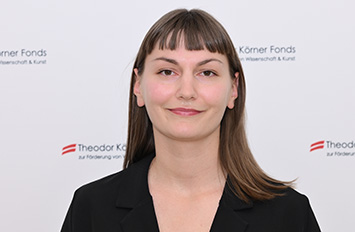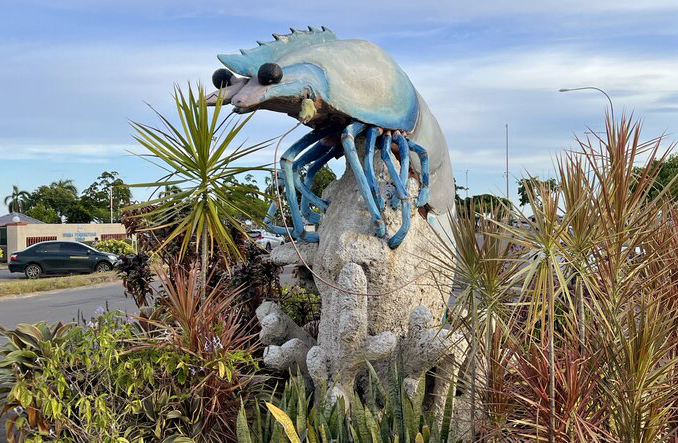The Vienna Doctoral School of Social Sciences promotes innovative, excellent, problem-oriented research that aspires to contribute to societal debates and address key global challenges.
The cohorts trained and supported by the ViDSS are part of a vibrant research environment and international networks. The ViDSS encompasses and fosters connections between a broad range of disciplinary, interdisciplinary and transdisciplinary perspectives. The ViDSS embraces the entire range of epistemological, methodological and theoretical approaches that are employed at the Faculty of Social Sciences. Doctoral candidates receive research training and write a doctoral thesis in the fields of communication, demography, development studies, nursing science, political science, science and technology studies, social and cultural anthropology, and sociology. The ViDSS aims for the highest standards in doctoral training and close supervision to ensure a mastery of social scientific debates and relevant theories and methods. As a result, ViDSS graduates are highly employable both within and outside academia.
New publications by ViDSS students
Social Inclusion, 2026.
Publications: Book › Special Issue › Peer Reviewed
In: Cyberpsychology : Journal of Psychological Research in Cyberspace, 03.09.2025.
Publications: Contribution to journal › Article › Peer Reviewed
In: New Media & Society, Vol. 27, No. 9, 09.2025, p. 5433-5454.
Publications: Contribution to journal › Article › Peer Reviewed
In: Communication Research, 28.08.2025.
Publications: Contribution to journal › Article › Peer Reviewed
In: The Annual Review for the Sciences of the Democracies, 20.08.2025.
Publications: Contribution to journal › Article › Peer Reviewed
In: Nature Climate Change, 07.08.2025.
Publications: Contribution to journal › Article › Peer Reviewed
In: Poetics. Journal of Empirical Research on Culture, the Media and the Arts, Vol. 111, 102021, 08.2025.
Publications: Contribution to journal › Article › Peer Reviewed
In: European Sociologist, No. 52, 08.2025.
Publications: Contribution to journal › Article › Peer Reviewed
In: Journal of Survey Statistics and Methodology, 08.2025.
Publications: Contribution to journal › Article › Peer Reviewed
In: Mass Communication and Society , 08.2025.
Publications: Contribution to journal › Article › Peer Reviewed
In: Journal of International Consumer Marketing, 26.07.2025.
Publications: Contribution to journal › Article › Peer Reviewed
In: Information, Communication & Society, 23.07.2025, p. 1-16.
Publications: Contribution to journal › Article › Peer Reviewed
In: Journal of Open, Distance, and Digital Education, Vol. 2, No. 1, 21.07.2025, p. 1-24.
Publications: Contribution to journal › Article › Peer Reviewed
In: Social Theory & Health, 07.2025.
Publications: Contribution to journal › Article › Peer Reviewed
In: Political Science Research and Methods, 30.06.2025.
Publications: Contribution to journal › Article › Peer Reviewed
In: Bulletin of Science, Technology & Society, 27.06.2025.
Publications: Contribution to journal › Article › Peer Reviewed
The Oxford Handbook of Child-Centered Approaches to Migrant Children. New York: OXFORD UNIV PRESS, 2025. p. 465–484.
Publications: Contribution to book › Chapter › Peer Reviewed
In: Visual Anthropology, 13.06.2025.
Publications: Contribution to journal › Article › Peer Reviewed
In: Revista Comunicando, Vol. 14, No. 1, 02.06.2025.
Publications: Contribution to journal › Article › Peer Reviewed
In: Femina Politica: Zeitschrift für feministische Politik-Wissenschaft, Vol. 34, No. 1, 06.2025, p. 64-77.
Publications: Contribution to journal › Article › Peer Reviewed















